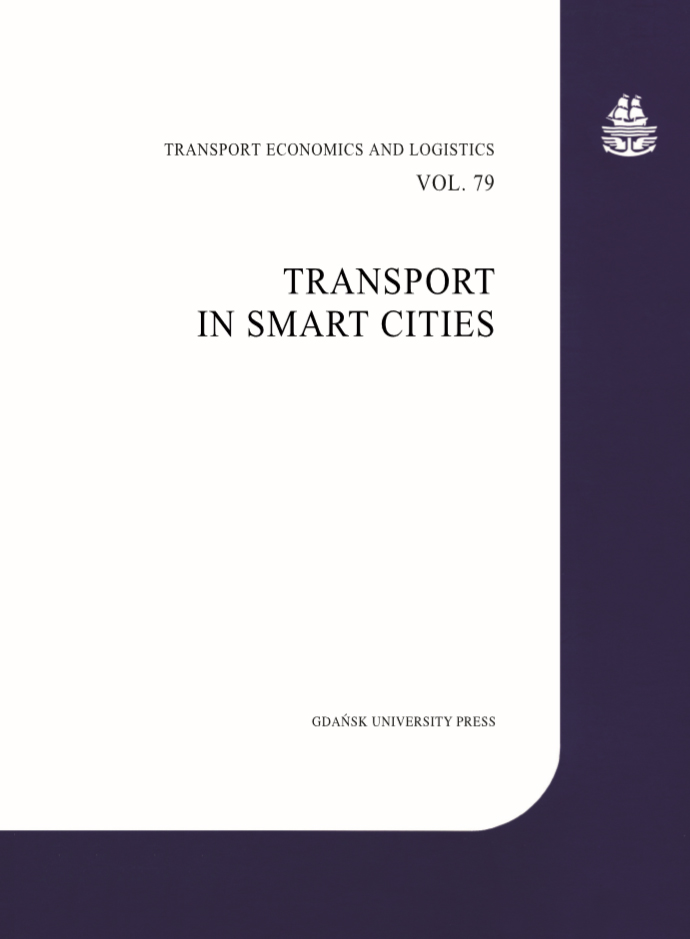Intelligent transport as a key component of implementation the sustainable development concept in smart cities
DOI:
https://doi.org/10.26881/etil.2018.79.01Keywords:
Smart City, intelligent transport, sustainable development, urban mobilityAbstract
European societies today face many sustainability challenges including but not limited to youth unemployment, aging populations, climate change, pollution, sustainable energy and migration. These problems are especially evident in cities. The objectives of smart development and integrated planning in European cities have been presented in the Europe 2020 strategy. It assumes restoration of European cities through stimulating innovation. In the socio-economic dimension, this means supporting the development of intelligent cities, often referred to as Smart Cities. According to the Smart City definition it is a city with the ability to adapt to the changing socio-economic conditions. This feature is extremely important in times of constant change. Progressing urbanization, globalization, technology transfer to everyday life and dwindling natural capital are the reasons why urban development is increasingly dependent on such factors as advanced technologies or territorial capital, understood as the available material and immaterial resources that determine the functioning of a given area. One of the Smart City components is intelligent transport. Improving mobility, ensuring accessibility and decreasing traffic congestion are some of the greatest challenges facing smart cities today. To respond to these challenges many city planners are glancing at smart transport solutions to reduce congestion as well as to optimize the use of city public transport. The aim of this article is to identify the challenges faced by European cities nowadays, present transport as a component of the Smart City and show its role in implementing the Smart City concept. The author presents European actions in terms of city mobility and recognizes their role in attaining the 11th SDG. Particular attention is paid to cities of the new Member States. Some examples of activities undertaken and tools used by authorities of European cities will be cited as examples of good practices. An analysis of the conditions for the transferability of such a solution will be included in the article.

 Academic Scientific Journals
Academic Scientific Journals



